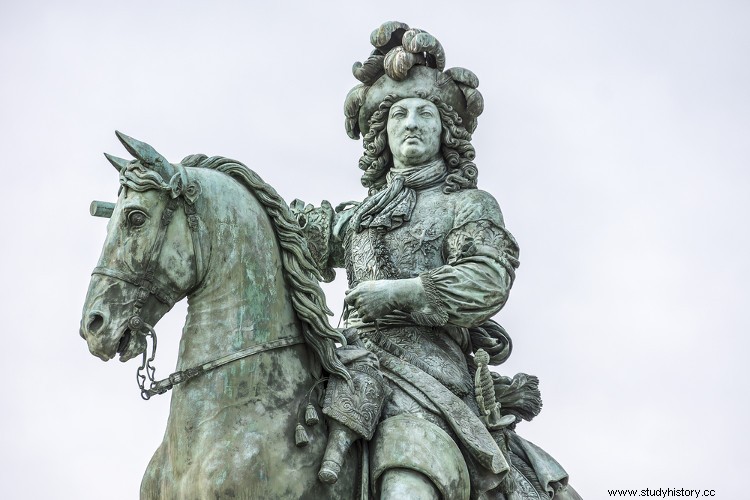
By Fabrício Santos
The Modern National State or Ancient Regime it consisted of a set of practices involving economic, social and political issues. From the 16th century onwards, Western Europe underwent several transformations that promoted the growth of cities, commercial activities and science. It was in the midst of these changes that National Monarchies emerged, contributing to the strengthening of royal power and leading to the gradual disappearance of serfdom and the decline of the feudal world.
The process of political centralization in the hands of the king was the symbol of the formation of Modern States in Europe, the most classic examples of this process were Spain, Portugal and France. Changes in the way of governing made the differences between the modern world and the feudal world clearer. Among the main aspects that characterized the National Monarchies are:Administrative bureaucracy , which gained a body of officials who had the function of performing public administration tasks; The military strength, which generated the need to create a national army to contain possible invasions or confrontations with other countries and also to establish public order in society;Unified laws and justice, that they were responsible for the formation of laws that had the character of maintaining order, in addition to better protecting the rights and duties of citizens; Bureaucratic system, which marked the emergence of tariffs and tributes levied by the king to support public expenditure.
The development of maritime navigation marked the search for territorial expansion of Modern Nation States. Kings aimed to gain wealth overseas, gaining new markets and expanding trade. The search for precious metals and interest in the propagation of the Christian faith also boosted the discovery of new territories. The Portuguese Modern National State clearly portrayed this in the colonization of Portuguese America in the 16th century. The objective of the Portuguese was achieved in the colonizing practice that led to the expansion of their borders, the acquisition of new trades, the discovery of places with precious metals and the spread of Catholicism, perfectly summarizing the ambitions that the Modern Nation States had.
The formation of the Modern National State it represented a new phase in the commercial relations of some European countries and contributed to the centralization of royal political power, as was the case of the French king Louis XIV, who symbolized this period in a sentence saying that the “State is me”. Also called the “Sun King”, Louis XIV portrayed the heyday of kings in the Ancien Régime until the emergence of the Enlightenment period (18th century) that criticized the centralizing policy of that time.
